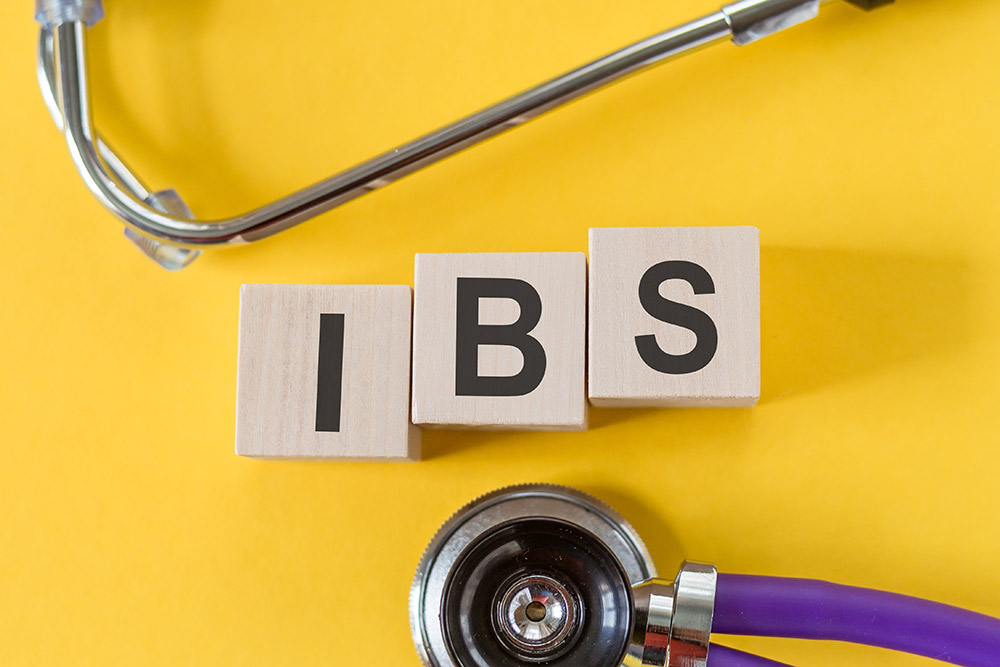
Irritable Bowel Syndrome (IBS) is widespread 66.9 million individuals are living with it and many of them are living in Houston. However, much remains unknown in regards to what IBS is and what it is not.
In this Gastrodoxs guide, we are going to address the largest myths concerning IBS, facts versus fiction IBS symptoms and the reality concerning IBS triggers and treatment.
You also will receive professional advice of the experienced Houston gastroenterologist, Dr. Bharat Pothuri, as well as recommendations and links to reliable sources, such as the Mayo Clinic and NIDDK.
IBS is a dysfunctional intestinal condition. That is, your digestive system is normal when tested, but it does not necessarily work properly.
“IBS is real, says Dr. Pothuri. It does not only reside in your head although stress may aggravate that.
We shall dispel some of the largest myths
Not true. IBS is a physical condition although it can be exacerbated by stress. it is not only emotions, but also gut nerves, muscles, and bacteria.
False. Men get IBS too. They simply might not be more prone to discuss it and seek assistance.
Wrong. Fiber (such as soluble fiber) can be beneficial to the IBS. It is insoluble fiber such as wheat bran which can cause some problems to some individuals.
Nope. The lactose intolerance is a specific dairy disorder which is caused by an enzyme problem. IBS is a wider disorder that has numerous triggers.
Learning more about what IBS really appears to be can aid in better controlling it and making it more understandable to others.
| Myth | Fact |
| IBS only causes diarrhea | It may also produce constipation or both, in alternating effects |
| Pain is same with all IBS pain | Pain may either be mild or severe. It can be relieved by visiting the toilet |
| Blood in your stool | IBS does not make you have blood in your stool. That's a sign to see a doctor |
| People with IBS always feel sick | IBS makes one feel unwell at all times. Many people have good days |
Knowing your triggers may be used to help avoid flares. Here's what to know:
Dr. Pothuri says that it is seldom a single thing. The majority of the population is responsive to a set of stimuli.
Not true. To others, IBS can be acute restricting work, travelling or social strategies.
Not true. Diet and exercise, changes in stress can help to reduce symptoms by fifty percent or more.
Wrong. The best care is team-based. Your doctor, a dietitian and occasionally a therapist have a role to play.
Good news- Houston has a lot of IBS resources. Gastrodoxs collaborates with the leading physicians and dietitians as well as clinics in the town.
These daily habits can help you stop IBS, although you may not be able to completely stop it:
IBS does not have some of the symptoms. Discuss with a gastroenterologist in case you have:
Don't wait, says Dr. Pothuri. Early assistance will lead to avoiding severe problems.
IBS has plenty of myths regarding it but you do not need to believe them. It is possible to become a control force by knowing the truth about symptoms, triggers and treatments.
Houston contains good doctors, dieticians, and nice support groups. Gastrodoxs is there to bring you relief.
Start small. Be consistent. And remember you're not alone.
Hopefully this Gastrodoxs.com guide can get you to the bottom of the IBS confusion.
Support is local, whether it is in the Midtown, Katy, or the Heights. Take control. Stay informed. Feel better.
IBS is a result of a miscommunication of the gut-brain. Symptom triggers are associated with diet, stress, gut bacteria, and genetics.
No. IBS does not predispose to cancer, but when untreated it is capable of greatly interfering with the daily life and well being.
Flares are a few hours, a few days. Knowing and preventing triggers can be used to reduce the duration of the triggers.
It has got a family aspect, but it is usually dominated by the lifestyle and environmental influence like diet, and stress.
Yes. Gastroenterologist is able to diagnose IBS, eliminate other ailments, and prescribe treatment. A registered dietician can also be of great assistance.
Dietary modifications (such as a low-FODMAP diet) can be of significant benefit to many. Other people might require drugs or stress management interventions.
Absolutely. Exercise helps in digestion, lessening stress, and it usually alleviates IBS symptoms.
Some strains including Bifidobacterium infantis or multi-strain preparations have the capacity to alleviate the symptoms of some patients. Results vary individually.
Record meals, symptoms, stress, and sleep in a journal or in an application. In the course of time, you will identify the trends that can be tackled.
Yes. Most restaurants in Houston have low-FODMAP, gluten free, or readily customizable menus to accommodate IBS diets.